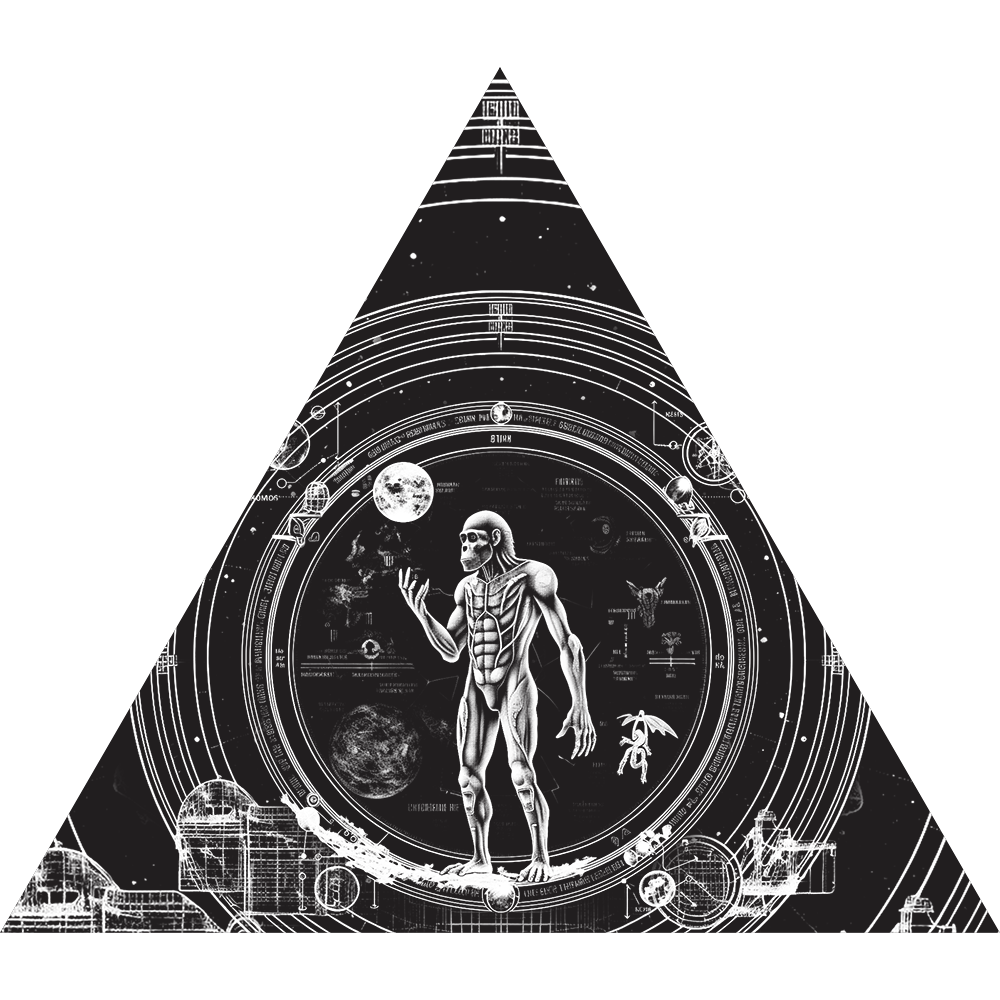
PRIMITIVe
OPERATING SYSTEMS
MOST OF US ACKNOWLEDGE COMPASSION, LOVE, AND EMPATHY TO BE OUR GREATEST EMOTIONS.
They represent humanity at our best. Historically, our spiritual systems have gifted us the most beautiful expressions of these feelings. They come down to us from our indigenous knowledge holders, mystics, dervishes, witches, rabbis, monks, nuns, shamans, elders, gurus, priests, priestesses, and more. Today our artists and poets continue this tradition, along with our healers.
We also prize the human imagination. It is that faculty that allows us to transcend the boundaries of ordinary perception and engage with alternative realities, possibilities, and visions. The imagination is our gateway to new ideas, insights, and creative expression. As an interactive space, it allows our dreams to enter this world.
But why, if this is the case, do fear and scarcity remain our collective psyche’s default, even during times of peace and abundance? To understand, we must explore our Primitive Operating System (POS)—the evolutionary software that runs in the background of our collective consciousness.
To better understand our fear of AI and AGI, we must rewind to our earliest ancestors: arboreal apes who abandoned their forested homes to become bipedal hunter-gatherers in the grasslands of Africa. This journey, from trees to terra, which took millions of years, was driven by many factors, most notably climate, but it was precisely our pack-hunting ancestors’ ability to feel fear and project scarcity that allowed them to survive. These were evolutionary tools.